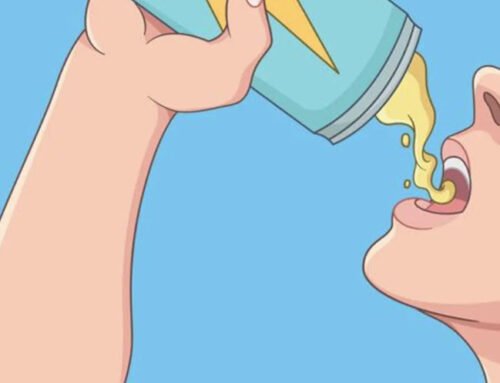Click here to view article on Massey University site (21/10/2015)
A Massey University study is looking for athletic men to help researchers find out more about the effect of caffeine on sporting performance.
While more than 70 per cent of New Zealanders consume caffeine regularly, most don’t understand the effect it can have on their sporting performance, sleep, mood and cognitive functions.
Caffeine used to be banned by the World Anti-Doping Agency (WADA) due to its ergogenic effects (external influences that enhance athletic performance or facilitate physical exercise), but was later removed from the list due to its widespread use and accessibility. It remains monitored, and caffeine in high levels is prohibited.
Massey researchers from the College of Health want to know more about the combined effects of genetics and caffeine ingestion on endurance sports performance, perception and cognition.
Master’s student Kyle Southward, from the School of Sport and Exercise, says, “Many athletes and gym goers use caffeine as a stimulant to improve their sessions, but most people don’t know when to take it, or how much to have to make the biggest impact.”
Mr Southward says research shows a large disparity among the effects caffeine can have on different people. “While there are many factors such as age, sex, pregnancy and smoking that affect how the body reacts to caffeine, genetics seem to play a large role.
“One gene in particular – CYP1A2 – has been identified as greatly affecting the metabolism of caffeine, either slowing down the metabolism, or speeding it up.”
Researchers are looking for healthy, non-smoking male athletes who can comfortably run 10km to take part in the study. Participants also need to be consumers of caffeine at least once a week (whether by chocolate, coffee, tea or energy drinks).They will be tested to find out which gene they have and how caffeine affects them.
Participants will be required to visit Massey’s Albany campus for a familiarisation session, two main trials (three to four hours each) and two days following each trial for 30 minutes. They will undergo a series of physiological and cognitive measures before and after ingestion of caffeine and/or a placebo, followed by a 10km time trial and another set of physiological and cognitive measures.
Participants will receive compensation for travel (a $50 petrol voucher) and genetic test result feedback.
If you would like to participate or want more information, please contact Kyle Southward:









